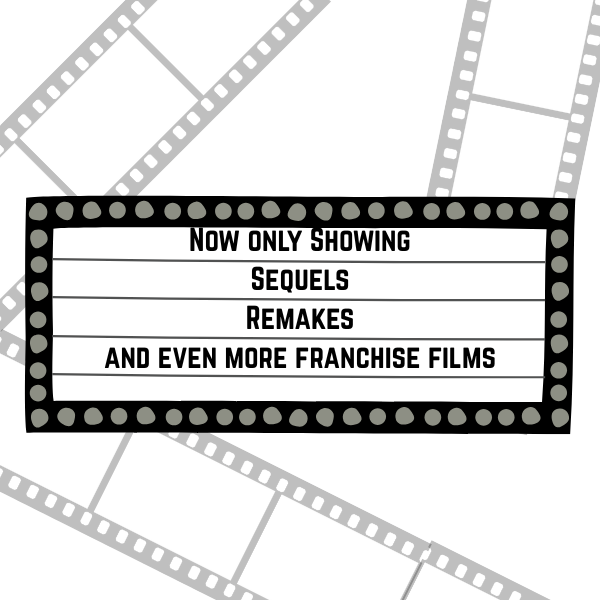Former Red Sox pitcher Curt Schilling is embroiled in some well deserved controversy following the collapse of 38 Studios, the video game development company which Schilling founded. Curt Schilling was, at one time, both heralded and scoffed at for his boisterous bashing of big government and advocacy of smaller government. But as news surfaced that Schilling was seeking loans from the state of Massachusetts, both sides aligned began to align him.
In January of 2010, Curt Schilling stated in his blog 38 Pitches, “What Government run/funded program in this country’s history has ever been run with an ounce of financial responsibility, prudence, or with the peoples’ best interest at the forefront? None, that’s which one.” But his tune quickly changed two months later, in March 2010, when the Boston Globe reported Schilling was seeking incentives to stay in Massachusetts and “if other states are willing to play ball with him on tax incentives, he might move.” The report went on to state, “Schilling said his quest for tax breaks was partly inspired by the success of Massachusetts’ incentives for filmmakers.”
In July 2010, the Providence Journal reported that Rhode Island Economic Development Corporation approved a $75 million loan to Curt Schilling’s 38 Studios. Part of the deal required the company to bring 450 jobs to Rhode Island by the end of 2012, and the company quickly left Massachusetts for a headquarters in Providence in April 2011. Some in Massachusetts denounced Deval Patrick for not providing incentives to 38 Studios, but many saw the hypocrisy in Schilling’s strategy.
On May 13, 2012, 38 Studio’s imminent implosion was revealed when a due payment to the state of Rhode Island was not made. The Providence Journal reported that “38 Studios executives have been meeting with Governor Chafee and leaders at the Rhode Island Economic Development Corporation” in the week leading up to the missed payment and that “company executives also turned to the City of Providence for help.”
Curt Schilling was subject to ridicule in the days following and justly so. After shouting in 2010 for smaller government and fewer handouts, he quickly sought and obtained handouts in the same year. He even went so far as to say that 38 Studios would not be another taxpayer subsidized video game company, the likes of which he railed against. Most of his supporters had turned against him and his decisions by this point.
Schilling backed up his business plan and decisions by claiming he sunk as much as $50 million in personal investments into 38 Studios. However, only about $4 million can be accounted for – the down payment for the $75 million loan from Rhode Island, which was then loaned back to himself from 38 Studios’ funds.

Finally, on May 24, 2012, the company imploded. An email was sent to all employees, informing them of their immediate termination. The taxpayers of Rhode Island lost millions, and hundreds of employees were suddenly left unemployed. “What Government run/funded program in this country’s history has ever been run with an ounce of financial responsibility?” The answer certainly does not lie with 38 Studios.







